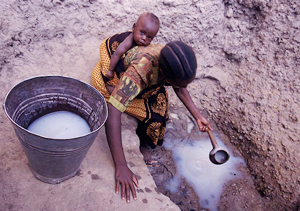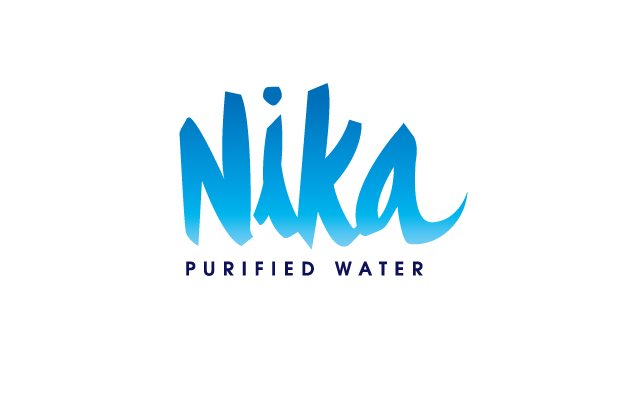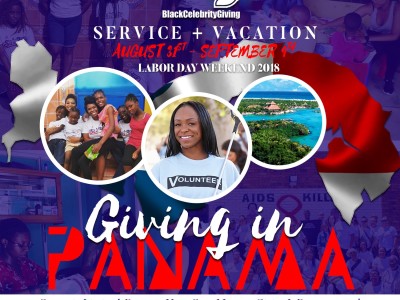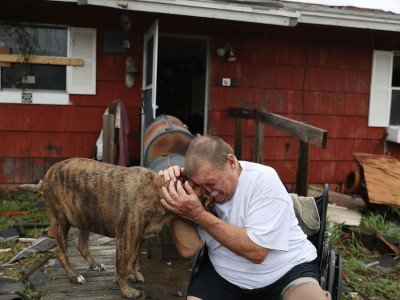I am a huge fan of NIKA water! I discovered the water while shopping at Whole Foods, I loved the label so much, I must have purchased 10 bottles. I decided to do a bit of research on the product and I loved the mission; through the sale of premium bottled water, NIKA hopes to bring a voice to the world’s poor who suffer without the basic right to clean water and simple sanitation. And by donating 100% of their profits to support clean water projects in impoverished countries, NIKA will provide the basic tools and critical assistance to help thousands of families improve their lives in a meaningful way and end the cycle of poverty. Their goal is to create awareness and knowledge to serve as a catalyst for thousands of youth to get involved in with their quest to bring clean water to the impoverished world.
Wow, what a mission right! Their funds have gone to serve thousands of lives in countries including Kenya, Nicaragua and more than 50 more!
It gets better….
Mindful of their duties as stewards of the Earth, NIKA has been certified as CarbonFree® by Carbonfund.org through their investment in carbon offsetting programs such as a reforestation project in Nicaragua. In addition, NIKA has developed a very unique recycling program where we pay high schools around the country a small fee for each plastic bottle that the school collects and recycles. Through this “One-for-One Recycling Program,” our aim is not only to be plastic bottle neutral but an advocate of the importance and simplicity of basic recycling as well.
Some Very Important Facts:
Within the next forty-five years, the world population is estimated to increase by 2.6 billion people and the bulk of this increase will occur in areas that are the least developed. This population growth, coupled with continued industrialization and urbanization of developing countries, will result in a heightened demand for water and an increase in polluted water, both of which will have serious adverse consequences on the environment.
Sadly, the availability of clean water in many underdeveloped areas of the world is extremely scarce as once dependable rainfall patterns are failing to replenish the local water table.
The United Nations estimates that in 2005, 1.1 billion people (20% of the global population) lacked access to safe, affordable, drinking water, and 2.6 billion people (40% of the global population) lacked access to safe sanitation.
About 80% of those lacking such access live in sub-Saharan Africa, Eastern Asia and Southern Asia. Without creative solutions to increase the availability of clean water, these impoverished communities around the world will continue to languish.
Water-related diseases are one of the most devastating consequences resulting from a pervasive lack of clean water, destroying not only lives but also local economies. In 2004 alone, 2.2 million people died due to unsafe drinking water, most of which were children under the age of 5.
This amounts to around 6,000 deaths a day. In addition, it is estimated that 50% of all hospital beds in the developing world are currently occupied by patients with diarrheal illness as a result of exposure to contaminated water.
Please Read This, Very Important, How Can We Help these women?
WOMEN AND CHILDREN ARE SOCIALLY DISADVANTAGED
The lack of available clean water has other detrimental social consequences as well. Without the basic availability of toilets and in order to maintain their social dignity, women are forced to defecate only in secluded areas at night, making them susceptible to violence.
Furthermore, in the rural areas of many developing countries, women and children are not able to acquire an elementary education because they are required to provide water each day to their family or village. This can mean up to a 5-mile walk, one way, only to arrive at a river, pond or stream contaminated with bacteria. Furthermore, the containers used to transport water usually hold about 15 liters of water and weigh up to 15 kilograms. Such a physically difficult and time consuming responsibility means that these women and children are not able to go to school due to fatigue or simply because they are not afforded the time.
In addition, many young women in these areas are marrying between the ages of 12 and 16 years. By keeping these women in school, they can become educated and potentially avoid marrying at such a young age. This ultimately benefits the local community as older, more educated women might opt for smaller, more economically manageable family sizes resulting in more moderate population growth and less pressure on available resources. As surprising as it sounds, these positive changes all start with providing clean water to these families and their children so they can sustain safe and healthy lives and have the time and the strength to start and finish school.
An incredible company, next time you buy bottled water, think NIKA and you will be giving back, it’s that simple.
Source : Nika Water






